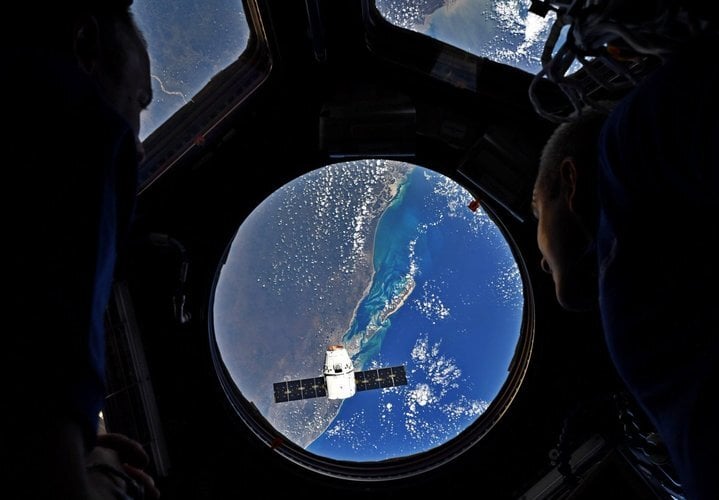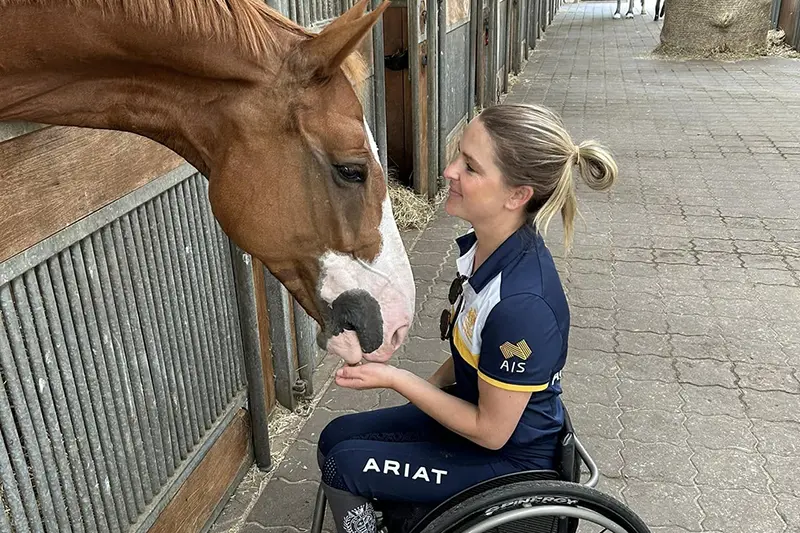
NASA’s critical satellite missions that track carbon dioxide levels and agricultural health are facing potential termination as the Trump administration seeks to reduce the agency’s budget. The proposed cuts could permanently ground the Orbiting Carbon Observatories (OCOs), which have been instrumental in advancing our understanding of greenhouse gases and their impact on the planet.
Launched over a decade ago, the OCOs revolutionized carbon data collection. The OCO-2 satellite has been orbiting Earth since 2014, designed to assess both regional carbon dioxide sources and natural “carbon sinks” that absorb greenhouse gases. OCO-3, which launched in 2020, operates from the International Space Station and supplements data from its predecessor. Together, these satellites cost the government approximately $15 million annually for maintenance, as reported by NPR.
Despite their significant contributions to climate science, NASA employees have received directives to prepare plans for decommissioning the OCO missions. The agency has been exploring partnerships with private scientific organizations to maintain its missions amid budget constraints imposed by the administration. This shift comes as President Trump has intensified his stance against climate change research, including the shutdown of the federal climate.gov website in June 2023.
Potential Impact on Climate Research
The proposed budget cuts could eliminate $6 billion in funding across various NASA programs, affecting dozens of scientific missions. Recently, Sean Duffy, Secretary of Transportation and acting NASA Administrator, along with other agency leaders, began scaling back NASA’s workforce in preparation for the 2026 budget proposal.
In a letter protesting the cuts, dozens of NASA employees expressed their concerns about prioritizing political agendas over scientific integrity and public safety. They stated, “These cuts are arbitrary and have been enacted in defiance of congressional appropriations law. The consequences for the agency and the country alike are dire.” The letter also highlighted the irreversible nature of decommissioning spacecraft, which would lead to a loss of valuable observational data and research capabilities in fields such as space science and aeronautics.
The federal government’s investment in NASA has slowed since Trump’s first term, reflecting a broader reluctance to engage in proactive climate policies. In 2019, the administration issued directives to withhold climate modeling research from federal assessments, coinciding with the removal of climate change websites previously hosted by the Environmental Protection Agency.
Looking Ahead
As the Trump administration advances its budget proposal, the fate of the OCO missions remains uncertain. The implications of terminating these satellites extend beyond research; they threaten to undermine decades of progress in understanding climate change and its impact on agriculture and ecosystems worldwide.
The ongoing discussions within NASA underscore a critical juncture for the agency, where political decisions may significantly influence its scientific capabilities and contributions to climate research. Observers are closely monitoring the developments, as the potential loss of these missions could mark a significant setback for global efforts to address climate change challenges.







